A selection of titles from the International Booker Prize longlist…
Fernanda Melchor, Hurricane Season (2017)
Translated from the Spanish by Sophie Hughes (2020)
Hurricane Season is an appropriate title for a novel that roars into the unsuspecting reader’s mind, with its long and winding sentences, and its refusal to flinch from the brutalities of its world.
Set in a Mexican village, Melchor’s book begins with the murder of a woman known as “the Witch”, whose house is rumoured to hide a stash of treasure. Subsequent chapters unpeel the events that led to the killing, and show the dark realities of life in this community.
It’s a powerful translation by Sophie Hughes, and a novel that’s not soon forgotten.
Daniel Kehlmann, Tyll (2017)
Translated from the German by Ross Benjamin (2020)
Tyll Ulenspiegel, the main character of this novel, is based on a trickster figure from medieval German folklore. Kehlmann brings him forward in time to the Thirty Years’ War (1618-48). Tyll escapes the childhood village where his father is accused of witchcraft, and as an adult becomes a travelling entertainer and court jester.
Kehlmann’s novel is at its best when Tyll is at centre-stage, the prankster who breaks through the superstitions and mores of his society. When he isn’t front and centre… well, it probably helps to know about the historical background. Overall, though, Tyll is engaging and enjoyable.
Shokoofeh Azar, The Enlightenment of the Greengage Tree (2017)
Translated from the Persian by an anonymous translator
Following the 1979 Revolution, Bahar’s family were forced to flee Tehran for the small village of Razan, seeking to maintain their intellectual freedom, and at least some sort of continuity in life.
But the authorities catch up with them eventually. As the novel begins in 1988, Bahar’s mother has climbed a greengage tree and apparently attained enlightenment. At the same time, Bahar’s brother has been executed elsewhere. Brightness and brutality are intermingled in the text.
Azar’s novel is full of stories within stories, and the supernatural is never far away (even Bahar, our narrator, is a ghost). It’s compelling to read, delightful and powerful in equal measure.
Like this:
Like Loading...
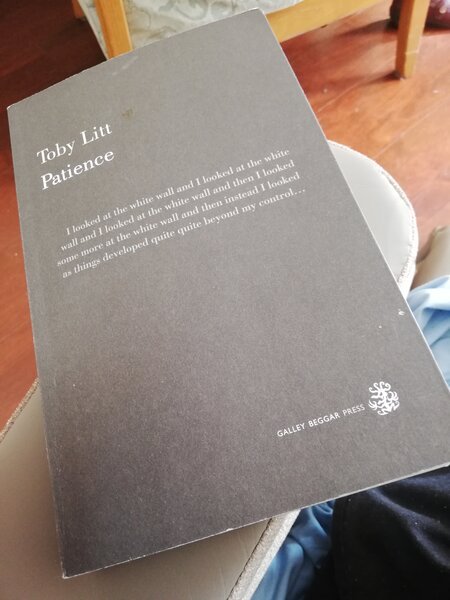
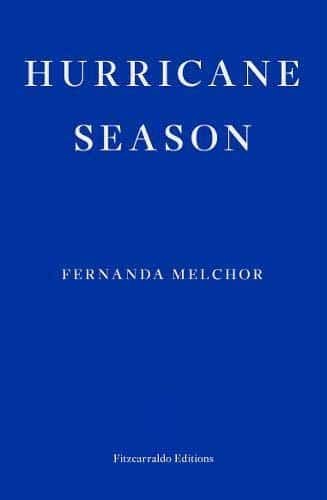
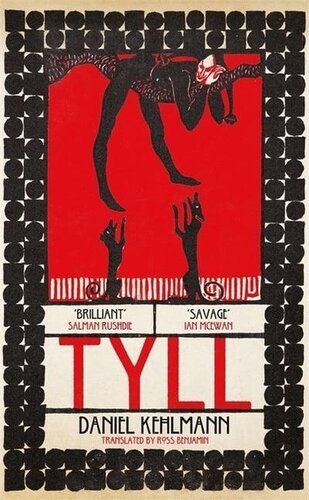
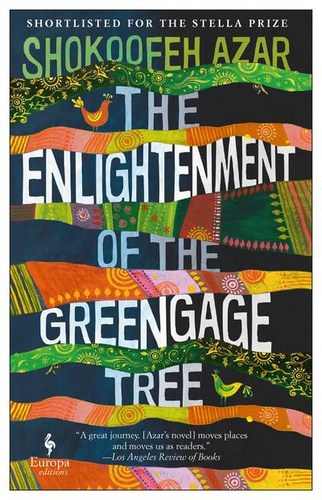
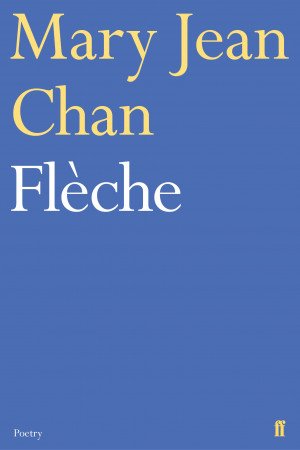
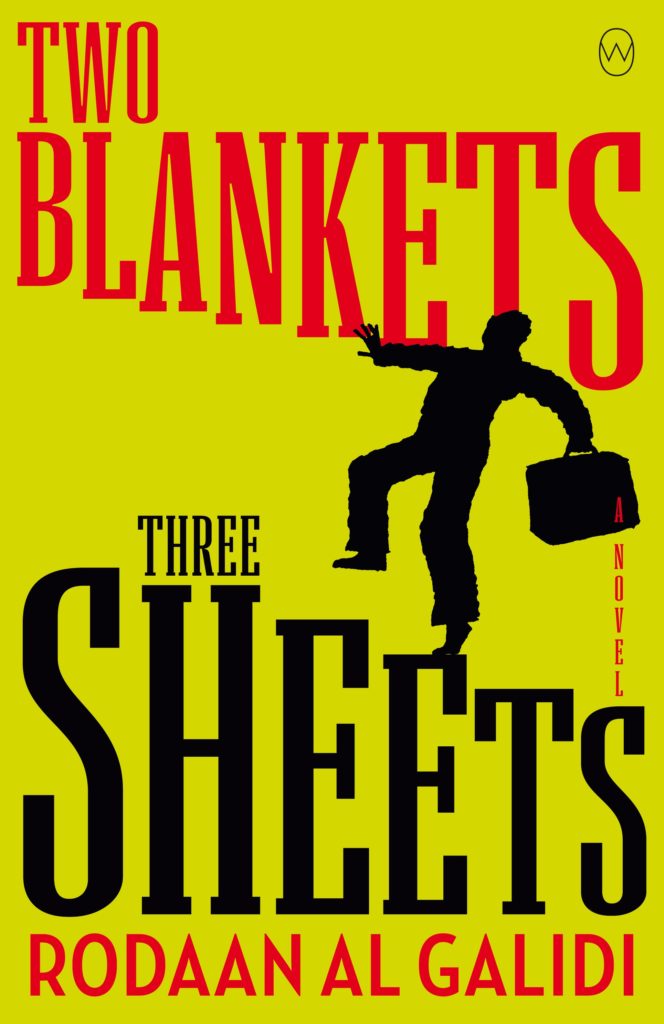
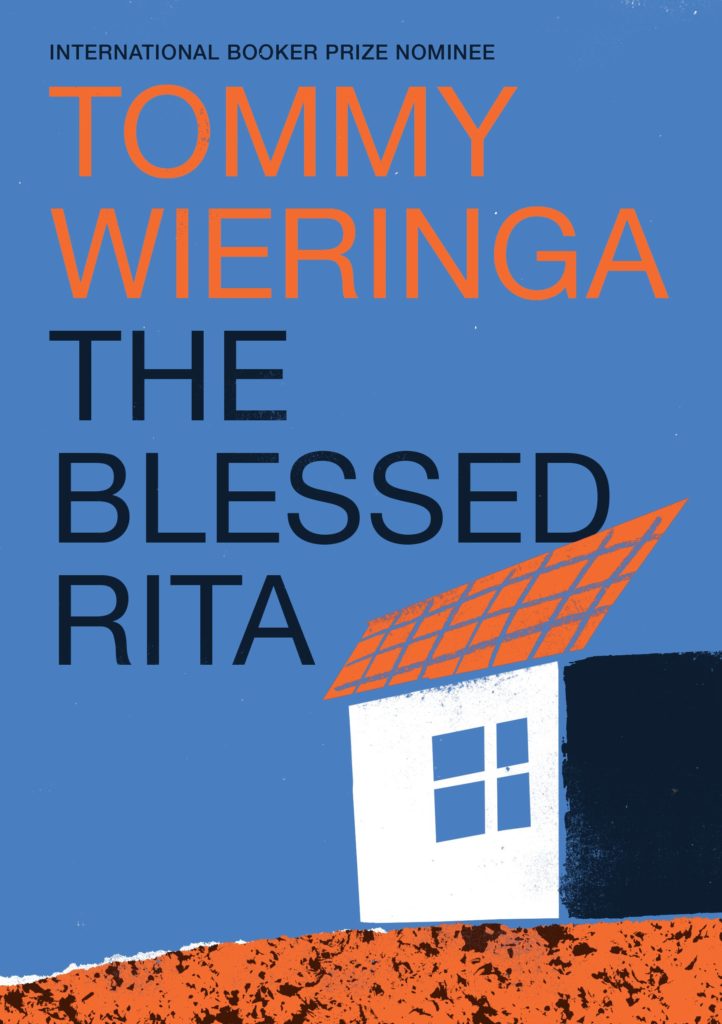


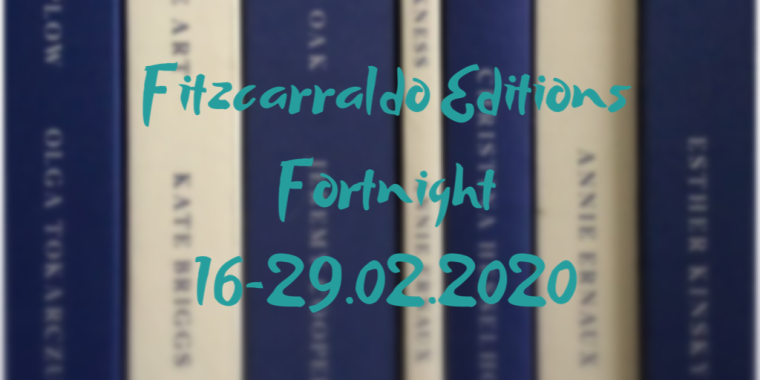
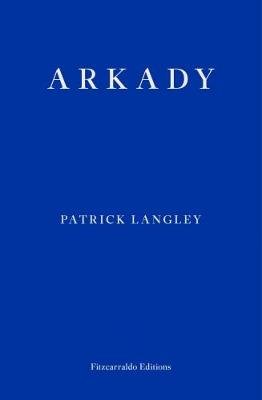
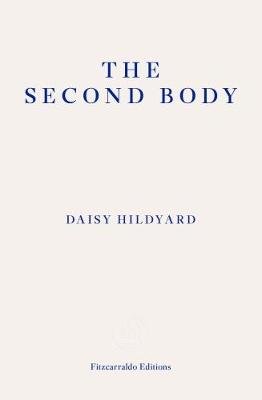
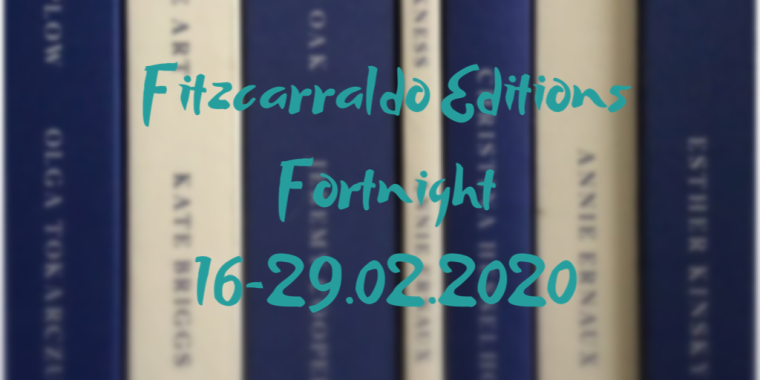
Recent Comments